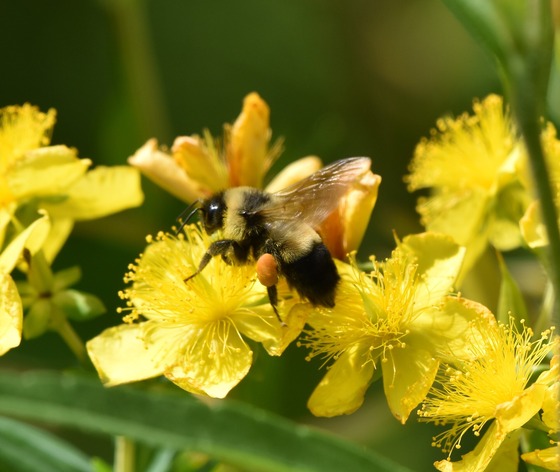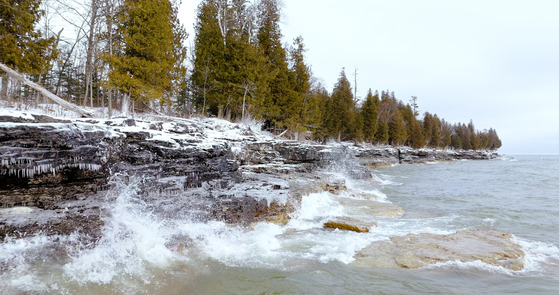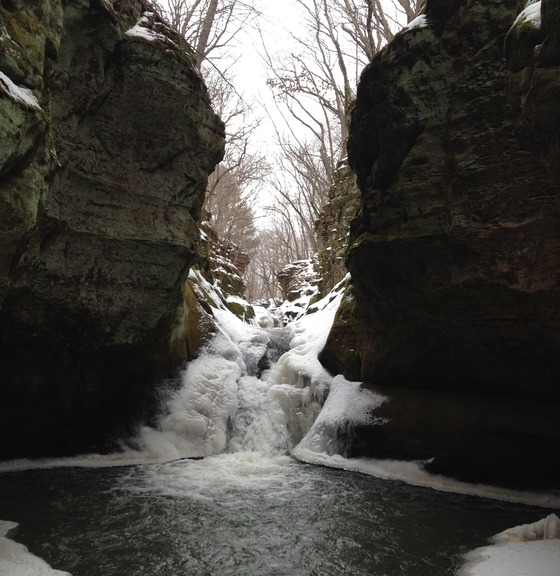Platteville Wholesale Fish Dealer Convicted In Wisconsin’s First-Ever Invasive Carp Case
Public Tip Started DNR Warden Investigation In 2018
MADISON, Wis. – A wholesale fish dealer from Platteville was convicted of illegally selling invasive carp, Wisconsin’s most prominent and highly destructive invasive species. The case is the first-ever in Wisconsin involving the illegal sale of Asian carp.
Ping Li, co-owner and sole operator of Li Fish Farm, LLC in rural Platteville, was convicted in Grant and Dane county circuit courts of two misdemeanor crimes and 17 forfeiture violations under a plea deal. Li was ordered to pay more than $13,000 in penalties.
A complaint from a member of the public sparked an investigation by the Wisconsin Department of Natural Resources (DNR) in 2018, which focused primarily on activities during 2018 and 2019. However, the illegal fish activities had been ongoing for several years before.
The types of carp involved in this case – bighead, silver and grass – are different from the carp commonly known as German carp or common carp, which have lived in Wisconsin since the mid-1800s. Bighead, silver and grass carp are highly invasive fish that can destroy habitats of native state fish.
“The species is top on the Least Wanted Aquatic Invasive Species List from the Great Lakes – St. Lawrence Governors and Premiers,” said Lt. Robert Stroess, DNR warden administrator for Commercial Fishing and Aquatic Species in Trade Enforcement.
Specifically, threats from each type of carp include:
- The bighead carp is a feeder of plankton, which is a primary food for many native fish including walleye, yellow perch, lake whitefish and all juvenile fish. This specific carp is a major threat to the Great Lakes $7 billion fishing industry.
- The silver carp is another feeder on fish habitats attacked by the bighead. This species also is known to leap out of the water, which is a threat to boaters and the region’s $16 billion boating industry.
- The grass carp eats aquatic habitats and is known to help cause algae blooms and damage to wetlands and waterfowl habitats.
In Wisconsin, by law, invasive carp must be either eviscerated (gutted) or have the entire gill covering severed. This requirement exists because these invasive carp can survive out of water for up to a day or longer. Gutting them or severing the gill covering ensures the fish cannot be revived. Many other states have similar laws.
Nearly all the invasive carp Li sold and transported were completely intact and therefore illegal in Wisconsin. In 2018 alone, more than 9,000 pounds of Li’s overall invasive carp sales were transported or sold illegally in the state.
Li also violated the law when he used an unmarked refrigerated van to transport and deliver most of the illegal carp, making it difficult to identify it as a wholesale fish dealer vehicle.
NOTE: This press release was submitted to Urban Milwaukee and was not written by an Urban Milwaukee writer. While it is believed to be reliable, Urban Milwaukee does not guarantee its accuracy or completeness.
























